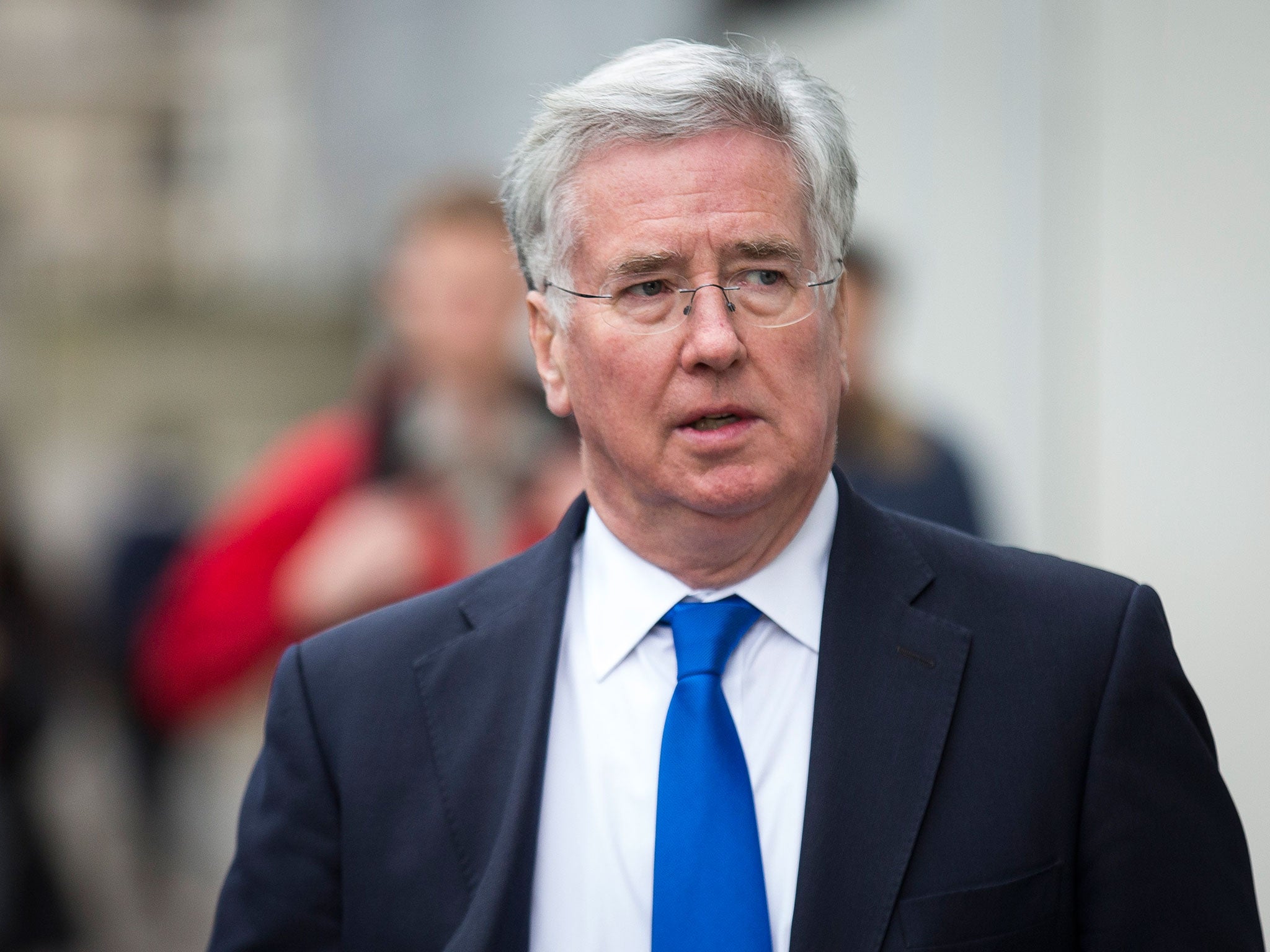The drive to promote more black officers is going backwards
The armed forces will be that much more effective if they properly reflect the country they serve

Your support helps us to tell the story
From reproductive rights to climate change to Big Tech, The Independent is on the ground when the story is developing. Whether it's investigating the financials of Elon Musk's pro-Trump PAC or producing our latest documentary, 'The A Word', which shines a light on the American women fighting for reproductive rights, we know how important it is to parse out the facts from the messaging.
At such a critical moment in US history, we need reporters on the ground. Your donation allows us to keep sending journalists to speak to both sides of the story.
The Independent is trusted by Americans across the entire political spectrum. And unlike many other quality news outlets, we choose not to lock Americans out of our reporting and analysis with paywalls. We believe quality journalism should be available to everyone, paid for by those who can afford it.
Your support makes all the difference.Just over six months ago, the Defence Secretary, Michael Fallon, told the armed forces that they needed to speed up the promotion of members of ethnic minorities. The campaign does not seem to have got far.
New data show that as Britain becomes ethnically ever more diverse, the officer class is going in the opposite direction. The number of non-whites in senior posts has fallen from 750 in 2009 to 630, with no sign of the promised about-turn. The proportion of non-white officers in the Army, Navy and Air Force combined stands at an embarrassing 2.3 per cent, down from 2.5 per cent in 2009.
To be fair to Mr Fallon, he has laid down that by 2020 at least 10 per cent of all new joiners must come from a non-white background.
The problem is that recruitment of non-whites has been neglected for so long that it could be years before the pool of ethnic minority troops is large enough to make it practical to promote more of them. The Army is least at fault here; about 9.4 per cent of its personnel come from ethnic minorities. But matters are very different in the still lily-white Royal Navy and Royal Air Force, where the figures are 3.4 and 2.1 per cent respectively.
Possibly, members of some communities feel averse to joining the military and will not sign up however welcome they are made. Britain’s military interventions in Afghanistan, Iraq, Libya and Syria have all been unpopular among British Muslims and may well have created an antipathy to the armed forces among many who would not otherwise see themselves as radical. Such barriers will be hard to overcome, but the effort must be made. The armed forces will be that much more effective if they properly reflect the country they serve.
Join our commenting forum
Join thought-provoking conversations, follow other Independent readers and see their replies
Comments